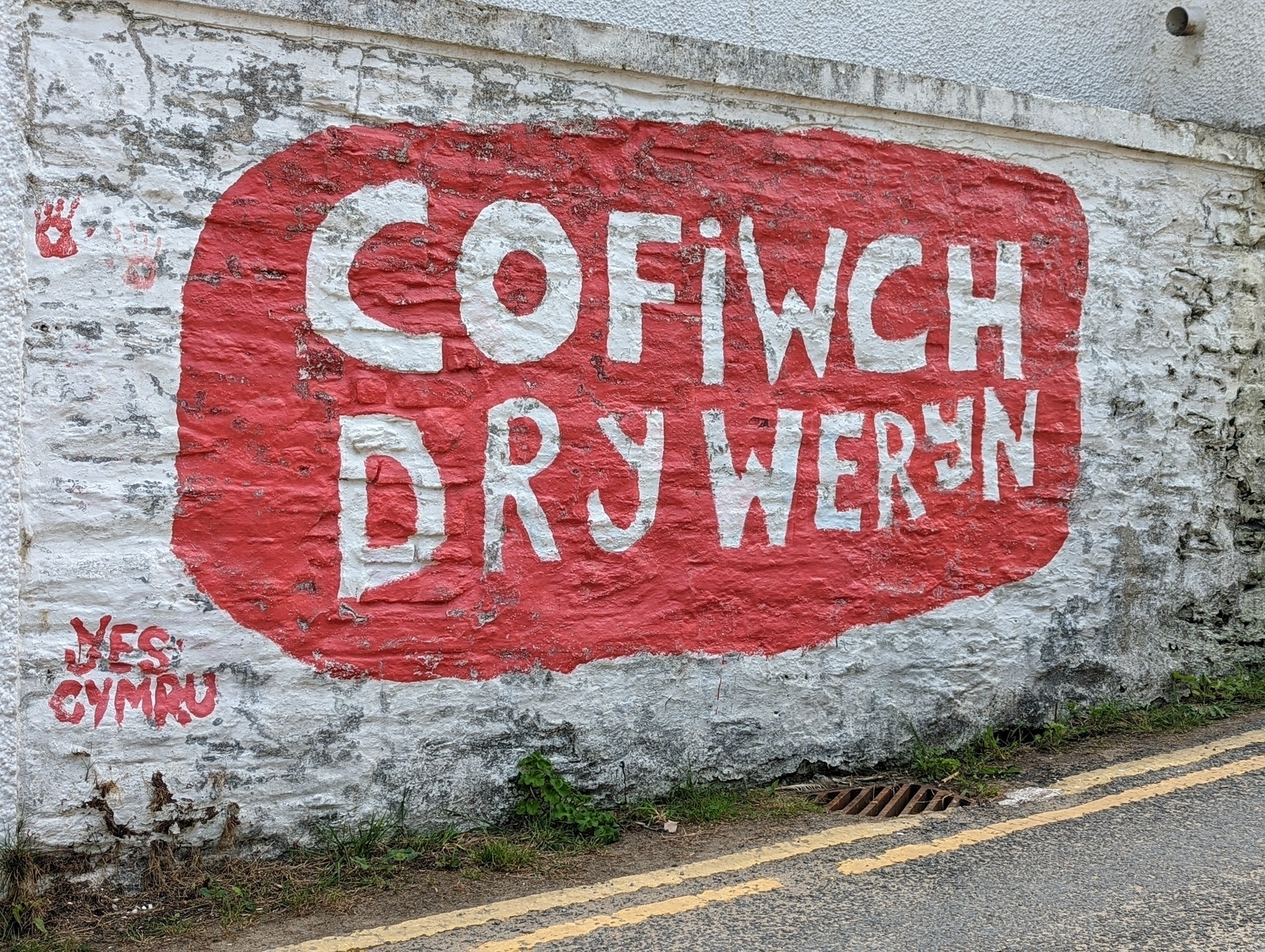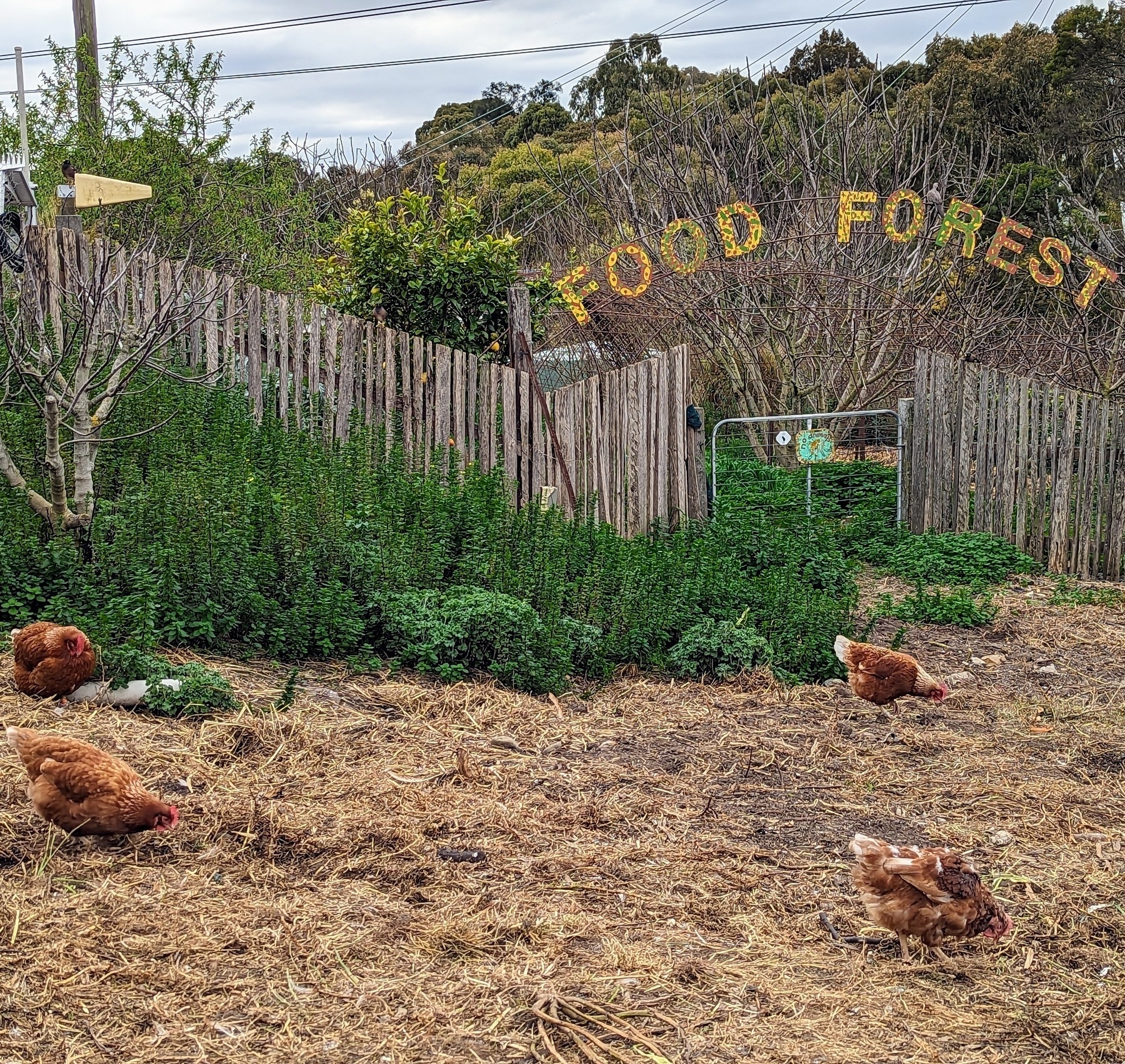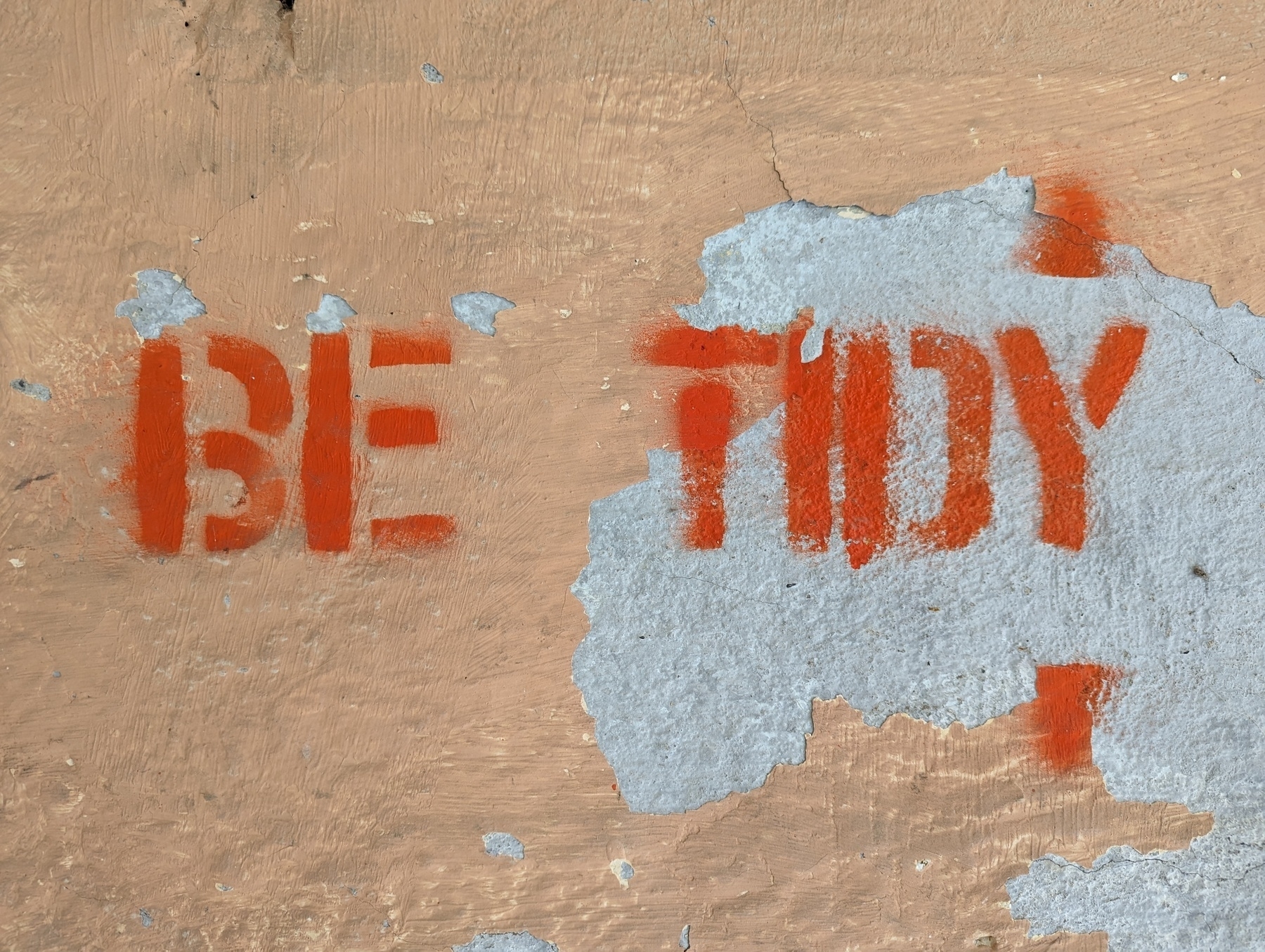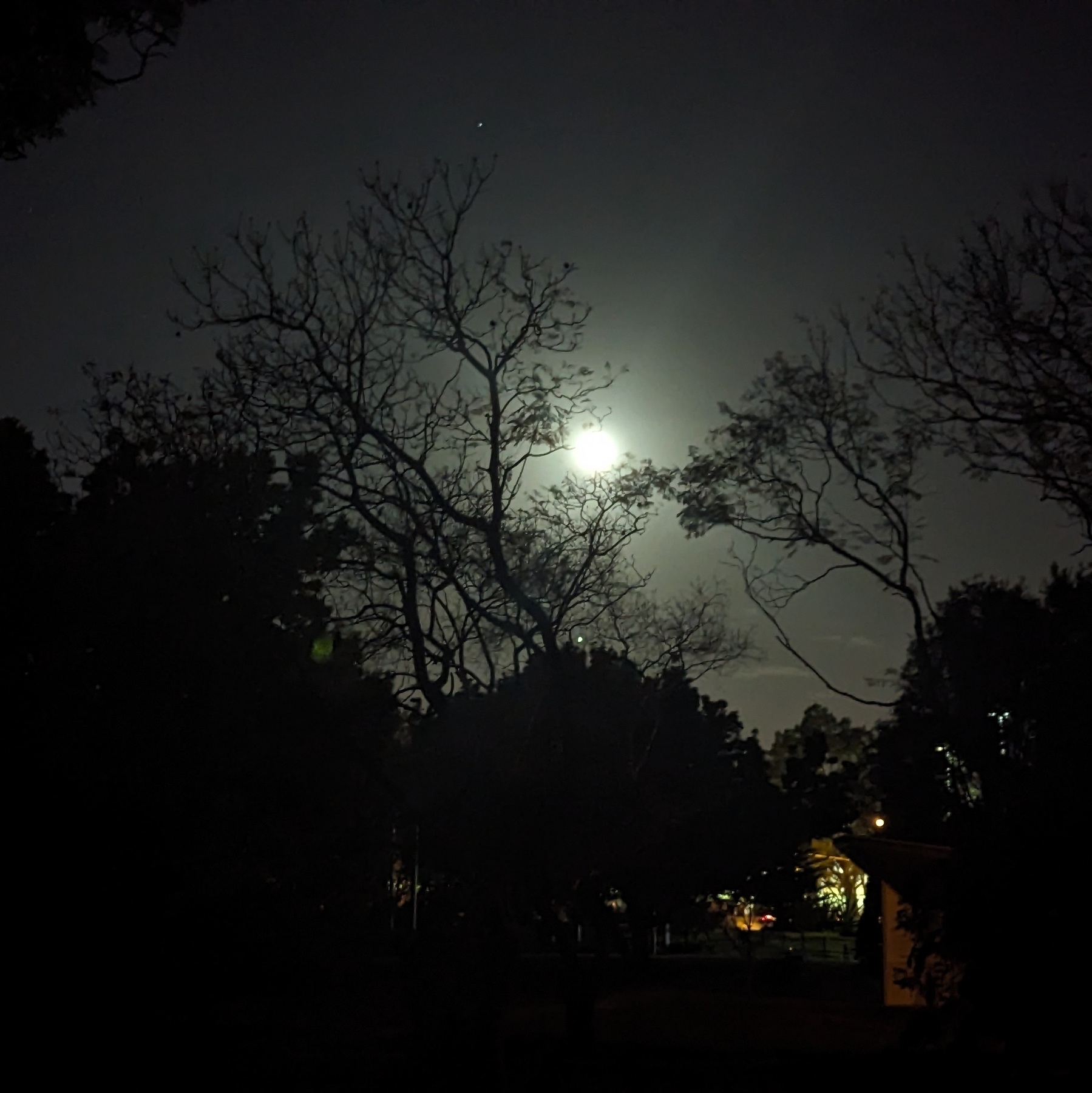microblog
- I need a simpler system for online writing. It’s been clear for some time that Wordpress was holding me back. I know: “poor workers blame their tools”, and obviously there’s something wrong with me if I can’t just log in to Wordpress and write a line or two from time to time. But really, it felt as though the user interface was presenting a psychological barrier. Every time I logged in it seemed the WordPress UX had got more complex. Anyway, that’s my excuse. I’m hoping that a switch entirely to micro.blog hosting will help the writing to flow a bit better.
- I like the IndieWeb. Although I had some Indieweb plug-ins set up on my Wordpress site, it didn’t feel as though they were getting much use. The Musky shenanigans at Twitter have made it even clearer that independence on the web is essential and that the true social network is the web itself. Switching to micro.blog will hopefully connect me better, and if I ever change my mind, there’s no lock-in.
- Updating the app feels like a chore. When I checked my hosting dashboard it was clear that there were several insecurities caused by a lack of updating. I just hadn’t gotten around to it for ages. But really, I don’t have much interest in which version of PHP I’m supposed to be using, or what version the plug-ins are - so I’d rather not think about this side of things. If micro.blog can do this for me, I’m not complaining.
- I also quite like Mastodon. Micro.blog has a certain amount of compatability with Mastodon, through the activitypub protocol. So I plan to try that out.
- Writing in Markdown syntax has become more and more intuitive to me, despite its limitations, and I like the relative simplicity of static sites. Micro.blog uses Hugo as its site generator, so now I’m now using Markdown to create static pages.
- for motivation, and
- to leave a record, sharing what I know and
- to encourage you, dear reader, to stop scrolling and go read a good book.
📷 Day 12 | panic #mbsept
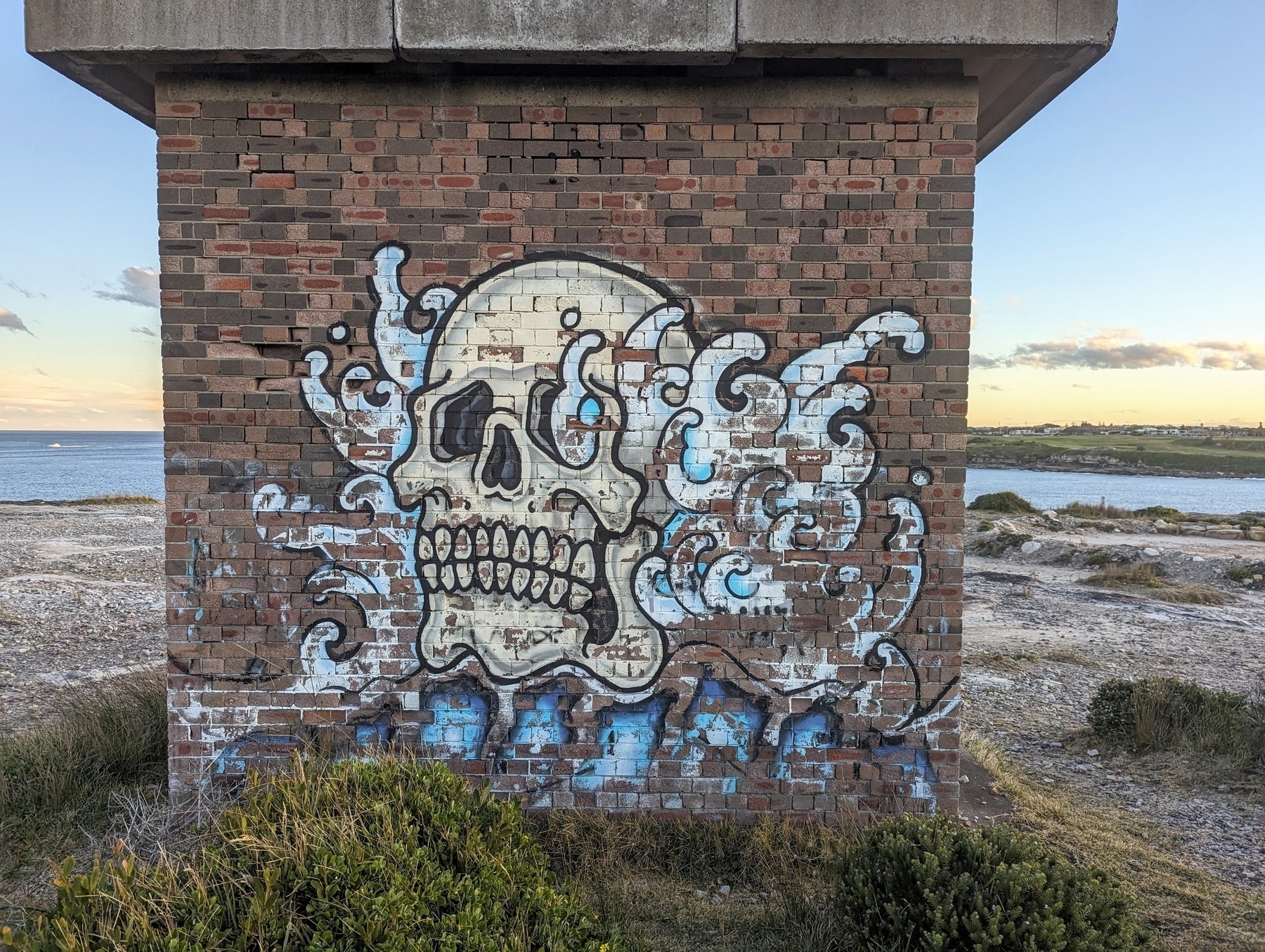
📷 Day 10 | cycle #mbsept
I’d like to put an end to these signs. Bike paths should go on forever! 🚲
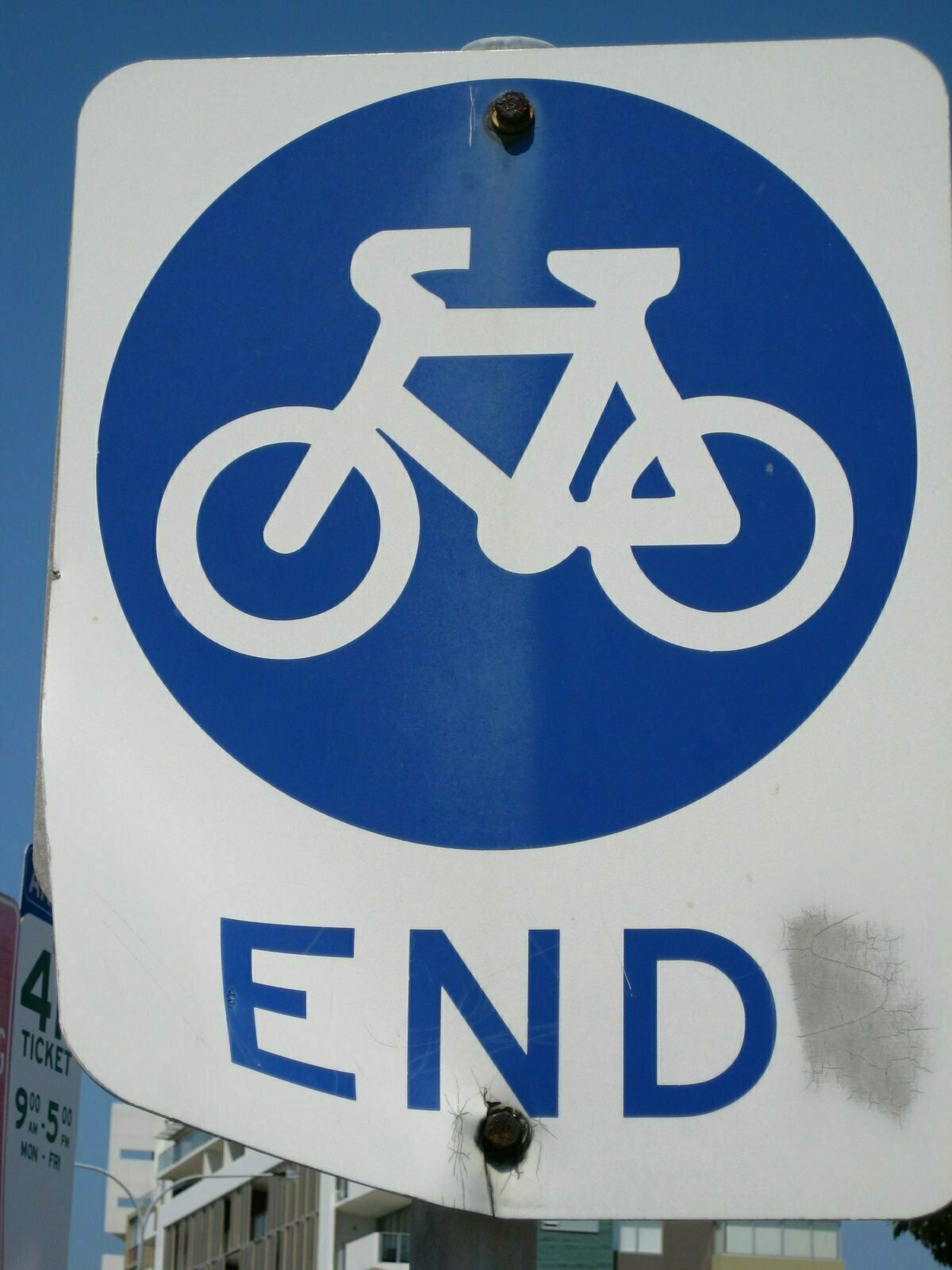
📷 Day 7 | panorama #mbsept
Can’t believe it’s been a week already. Good memories of this beach in Wales.
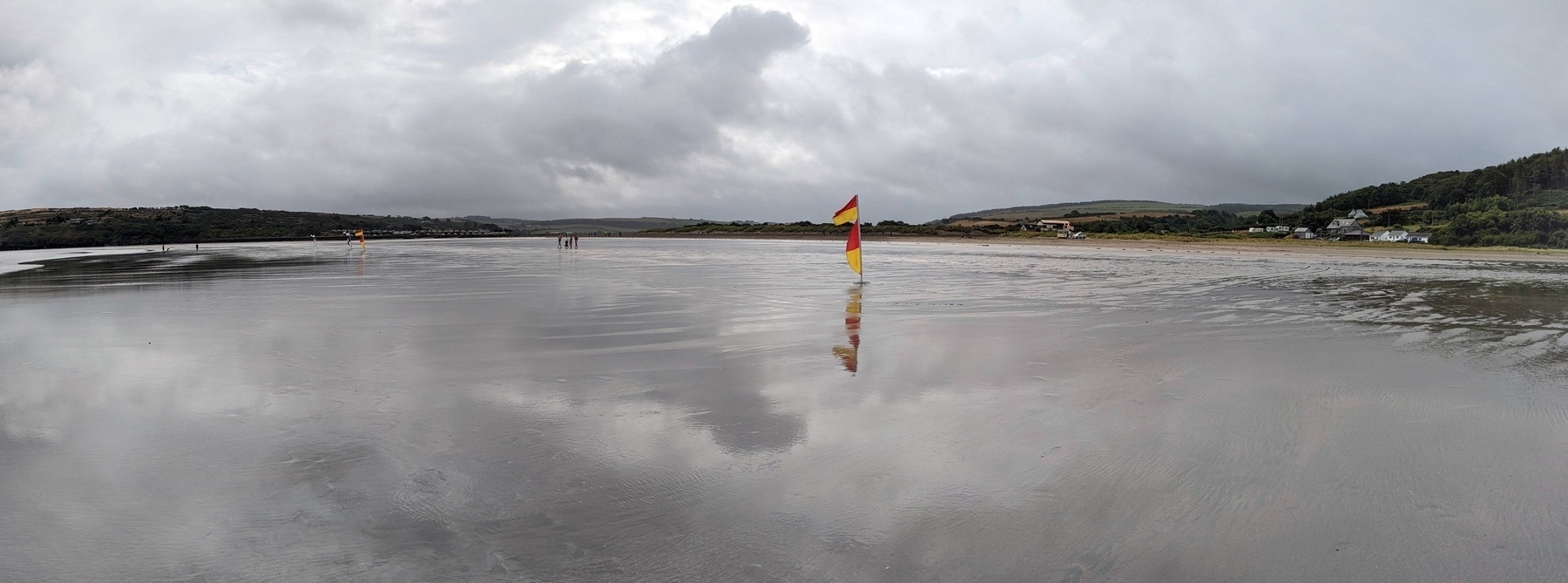
📷Day 6 | Well #mbsept 🏡

📷 🏡A couple of weeks ago we visited CERES urban farm, with its community garden, cafe, bike workshop, nursery, bookstore, playground, market, chooks and, yes, a food forest. Worth a visit if you’re ever in Melbourne.
#gardening #permaculture
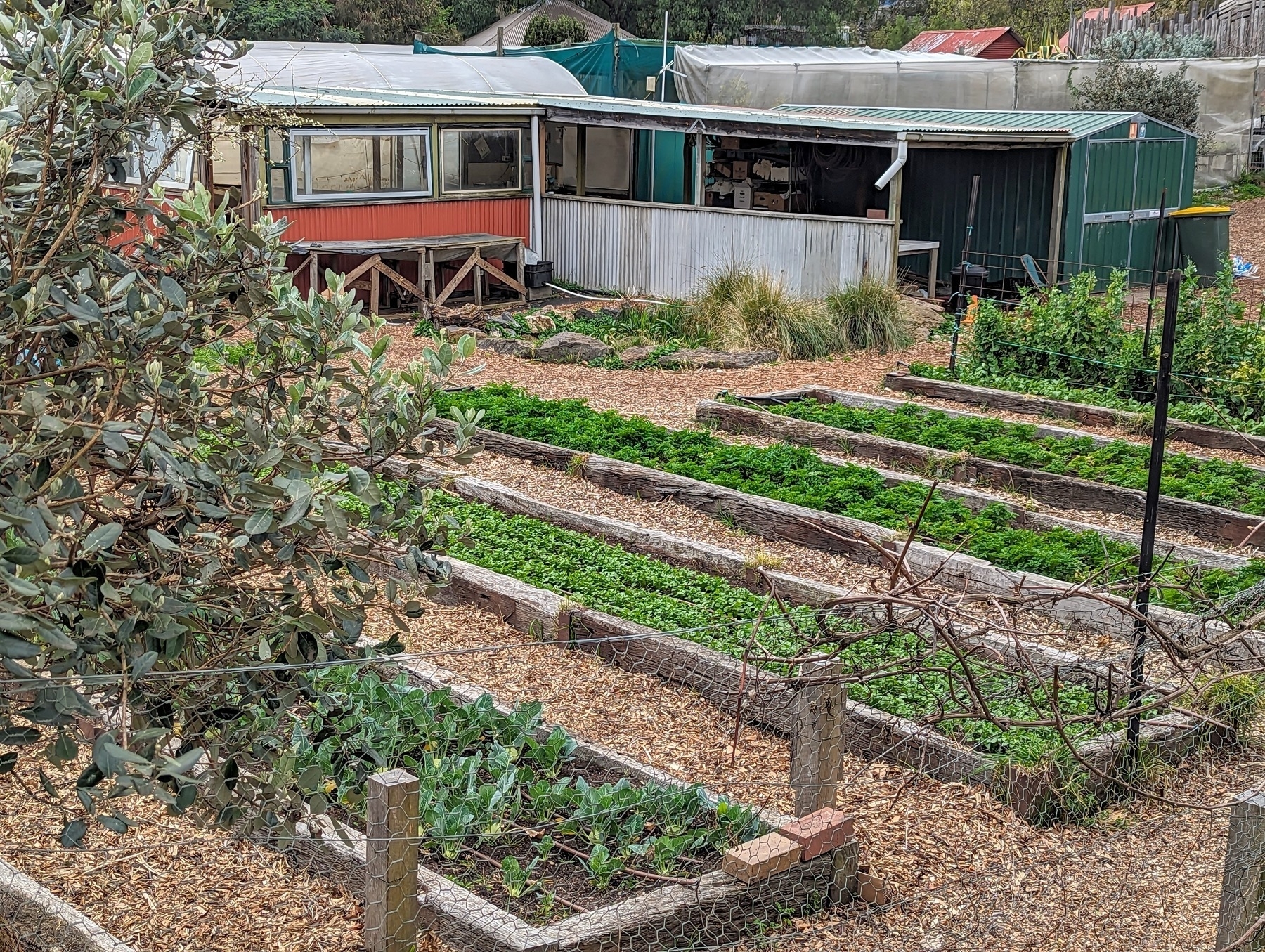
📸 Day 3 | Precious
Three days into the Micro.blog photo challenge already! Time spent simply relaxing in the back garden is precious.
#mbsept

📸 Day 1 | Abstract The Micro.blog photo challenge begins! Most of the paintings in our house are abstract. This is part of a tryptych by Sara Cunningham-Bell.
#mbsept
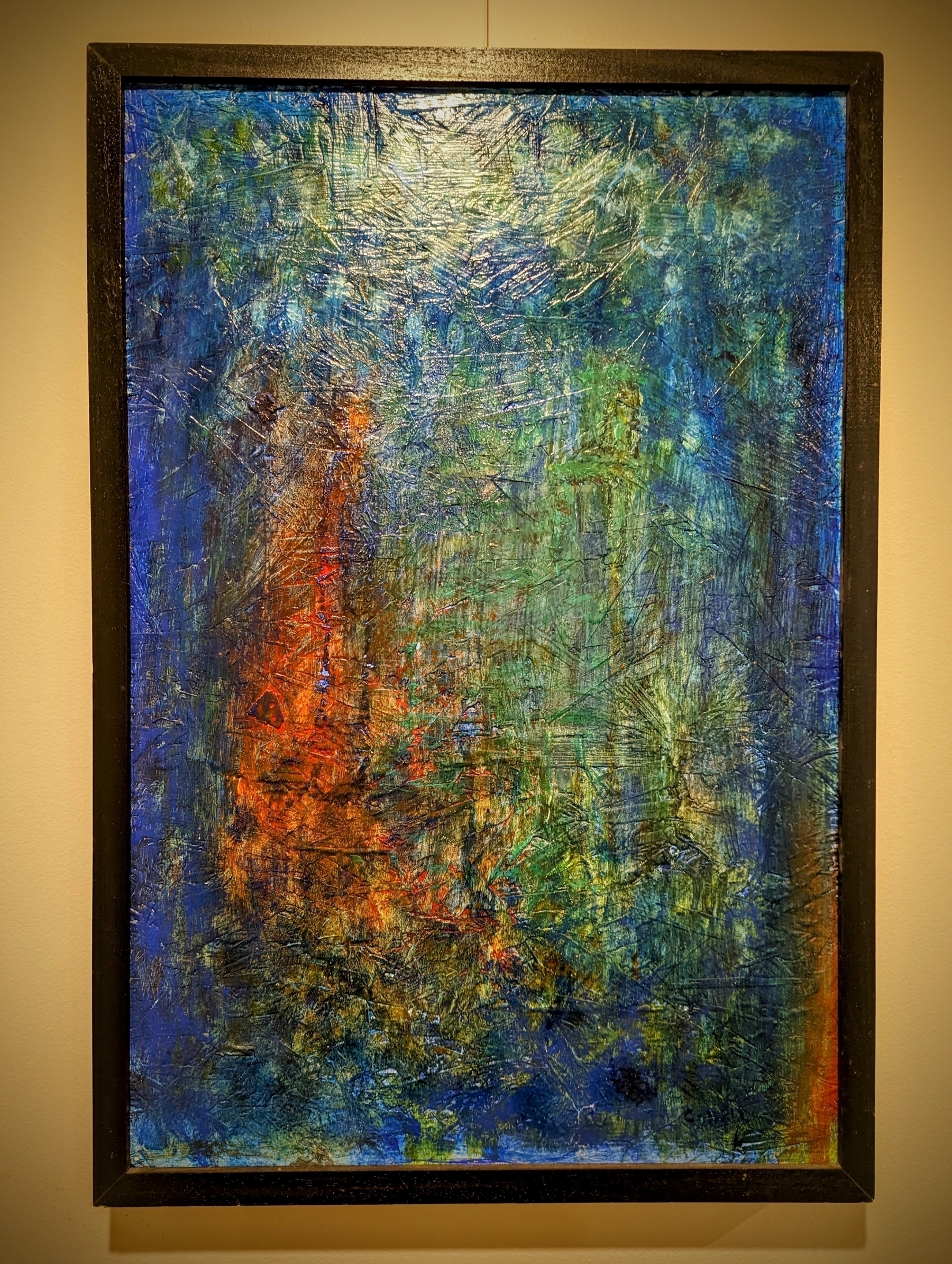
With the rise of large language models (LLMs), we are once more suffering from La Stilla Syndrome. That’s my Jules Verne-inspired name for the condition in which we keep allowing our technology to fool us into thinking it has finally come alive.
Can AI give me ham off a knee?
Last night I lay awake thinking about how AI-automated writing is about to change our entire language.
Since AI can easily write everything correctly with perfect spelling and punctuation, one way to show you’re human is to do the opposite. At the time of Shakespeare, spelling was wildly idiosyncratic and people just made it up as they went along. I think this free-for-all might return soon, since it’s a neat way of showing you’re not made of silicon.
But there’s another way we might change our speech and writing to subvert our digital overlords. Ladies and gentlemen, I give you: ham off a knee! It’s something chatbots can’t provide, but that we humans can understand quite easily.
I lay awake last night thinking about cryptic crossword clues (I never do crosswords, but still, that’s rumination for you!). Here’s a clue I thought up. Not a very good clue, since I don’t know what I’m doing:
“For Joyce, recovery leads to pain, we hear (15).”
The answer? “Fine again so ache”.
Doesn’t make sense to you? Well, Finnegans Wake was James Joyce’s fourth and last major work of fiction. I was thinking of it because it’s packed full of homophony (ham off a knee - get it?).
So what’s homophony? Glad you asked. Homophony is simply when you use a word that sounds like another word. But Joyce used homophones in a complex way. His sentences read one way on the page, but when spoken out loud they often mean something else, subverting the original meaning. That’s why he was a genius and I’m not.
But it also struck me that we could start doing this and AI wouldn’t be able to keep up. Admittedly it took Joyce years to finish Finnegans Wake. It’s certainly complicated to come up with whole paragraphs of homophonic writing or speech. But I suspect young people, who are always the instigators of new slang, will be quite up to the challenge.
Alternatively, it’s the new AI frontier. Imagine if you could command something like: “ChatGPT: give me a written account of a 16th Century tourist visit to Venice, which warns of impending alien attack when read out loud.”
Now that would impress me.
Free books! 📚
TIL: A search on Amazon Kindle produces loads of free academic book titles, many of which are high quality and really interesting. Just search for publisher (e.g. Routledge), or “University Press”, or “open access”, then order the results by price: low to high. The lowest ones are $0.
Hat tip: @aus.social@joannaholman
Big changes at writingslowly.com
New year, new website (backend)
It’s a new year, so it must be time for new web connections! Well, I finally decided to shift from a hosted Wordpress site to go all in on micro.blog.
It was fairly easy to migrate, just following the instructions. Things already feel easier and less complicated.
Why did I decide to make this change?
Look, I’m not really complaining about WordPress. I like it, and Automattic isn’t Apple/Facebook/Google/Twitter/Amazon, so there’s that. If I had to choose a dictator to rule the world, Matt Mullenweg would be on my shortlist. It’s not Wordpress, it’s me. I’m ready for a change.
Writing about reading
Also, I’m making a commitment to writing about my reading in 2023.
I love reading. Each year I read about 30-40 books and this year I’ll be writing about it here. There’ll soon be a ‘reading’ category at the top of the webpage. Why am I doing this?
Micro.blog has a series of companion apps, one of which is Epilogue. You can set an annual reading goal and every time you blog about a title you’ve finished, your goal moves one step closer to completion.
Micro.blog also has some other great book-related features, including a handly bookshelf, and this is one of the things that made me want to switch.
I keep a private TiddlyWiki Zettelkasten in which I already reflect on my reading, so the only real change is in making it public.
Don’t panic
So that’s what’s new. But don’t worry, whatever happens I’ll still be writing slowly.
I'm now @Richard@mastodon.au - yes I joined Mastodon. There's an original idea. As though there aren't enough half neglected social media accounts in my life. Pretty sure my micro.blog account federates semi-automatically anyway, but haven't worked it out yet. Can someone please point me to a simple how-to article, I wonder?
Not thinking of writing a novel in November
Well, I didn't sign up to NaNoWriMo, where you undertake to write 50,000 words in a month. Partly, it's just not my way of doing things. I have recently completed a novel manuscript, which took longer than a month. But then again I also wrote a lot of other stuff while I was doing it. As previously mentioned, you can get a lot done while writing slowly.
Thinking of writing a novel
Manton mentioned NaNoWriMo and that has got me thinking.
https://www.manton.org/2022/10/07/love-reading-about.html
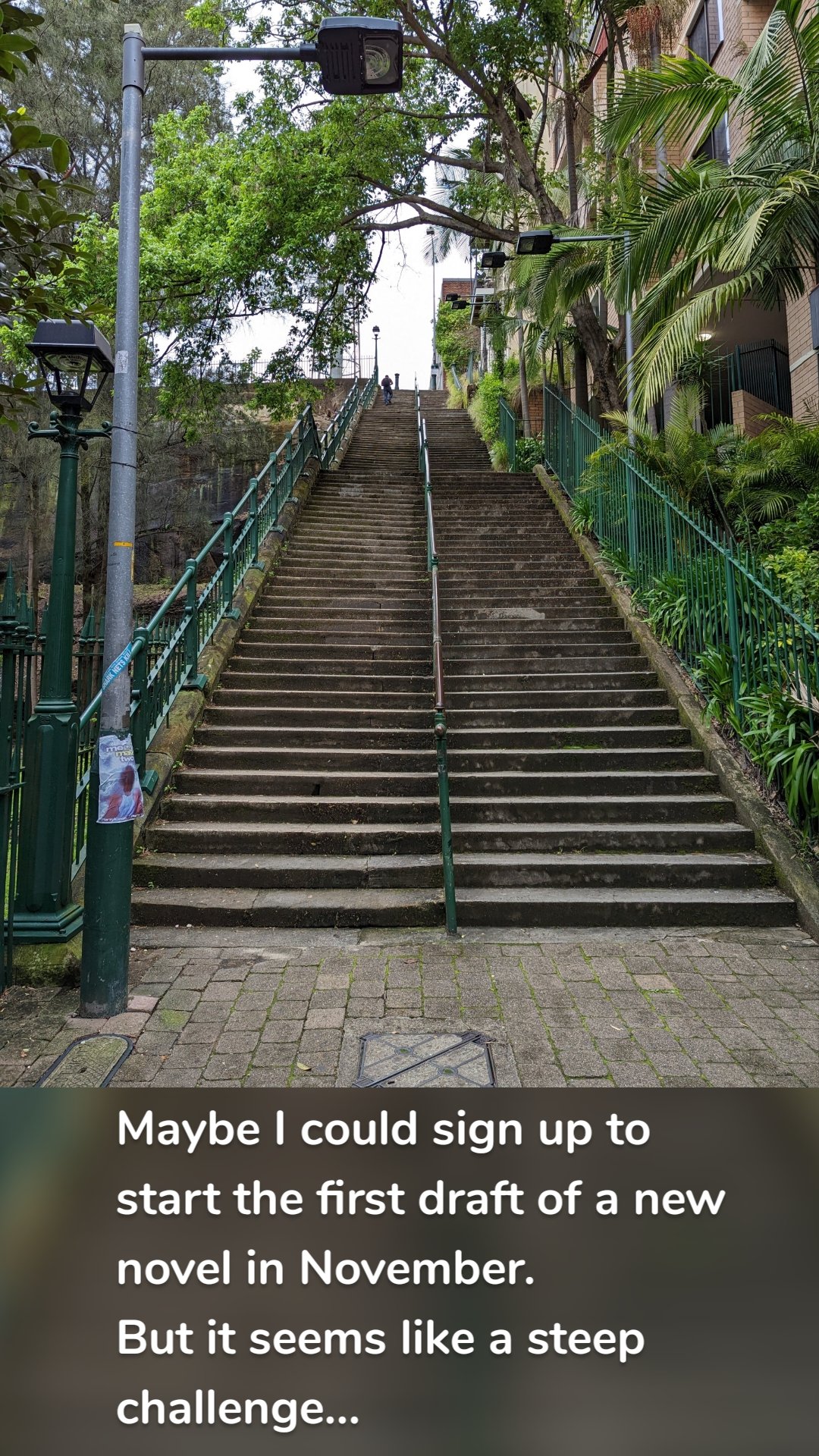
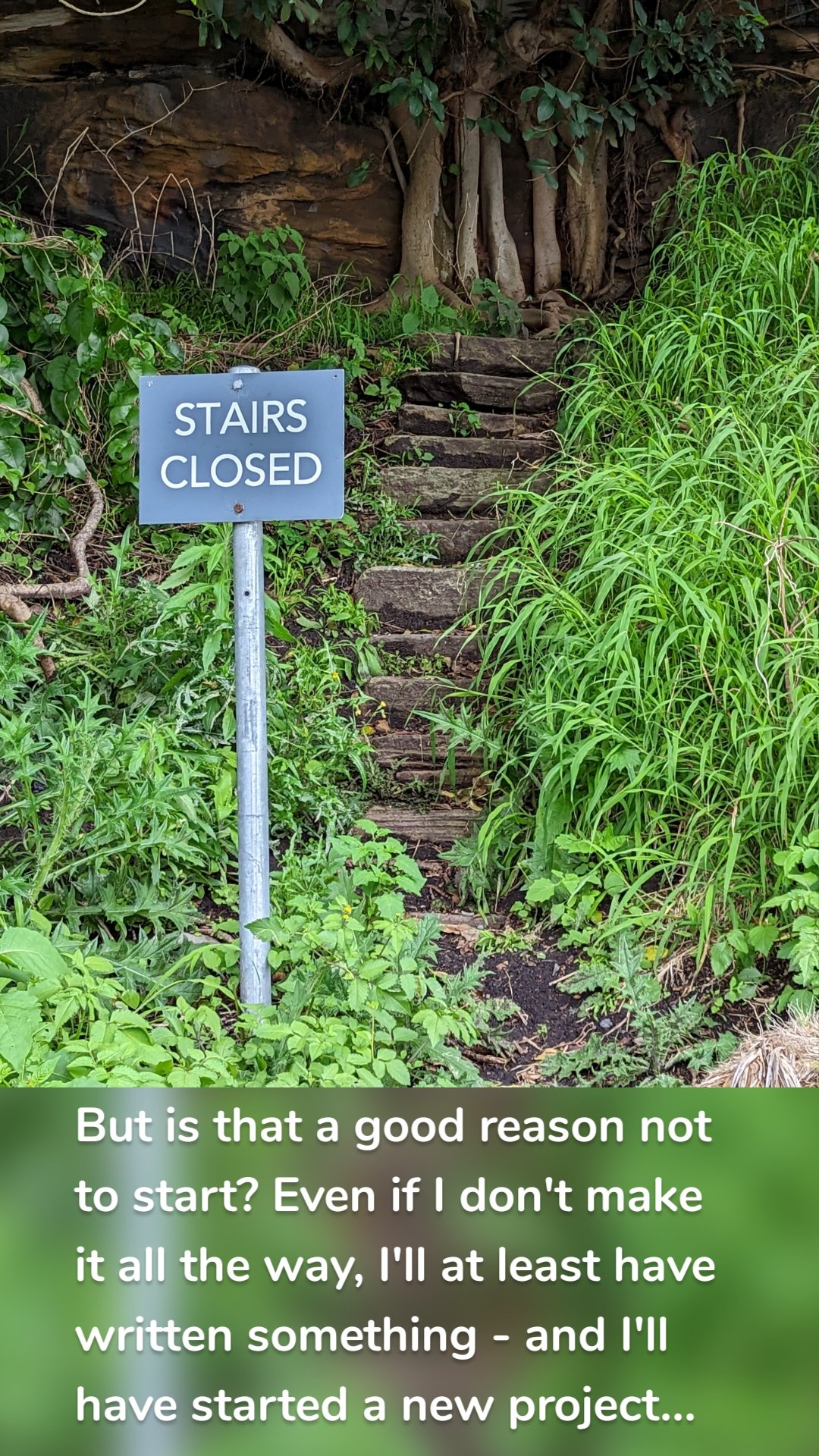
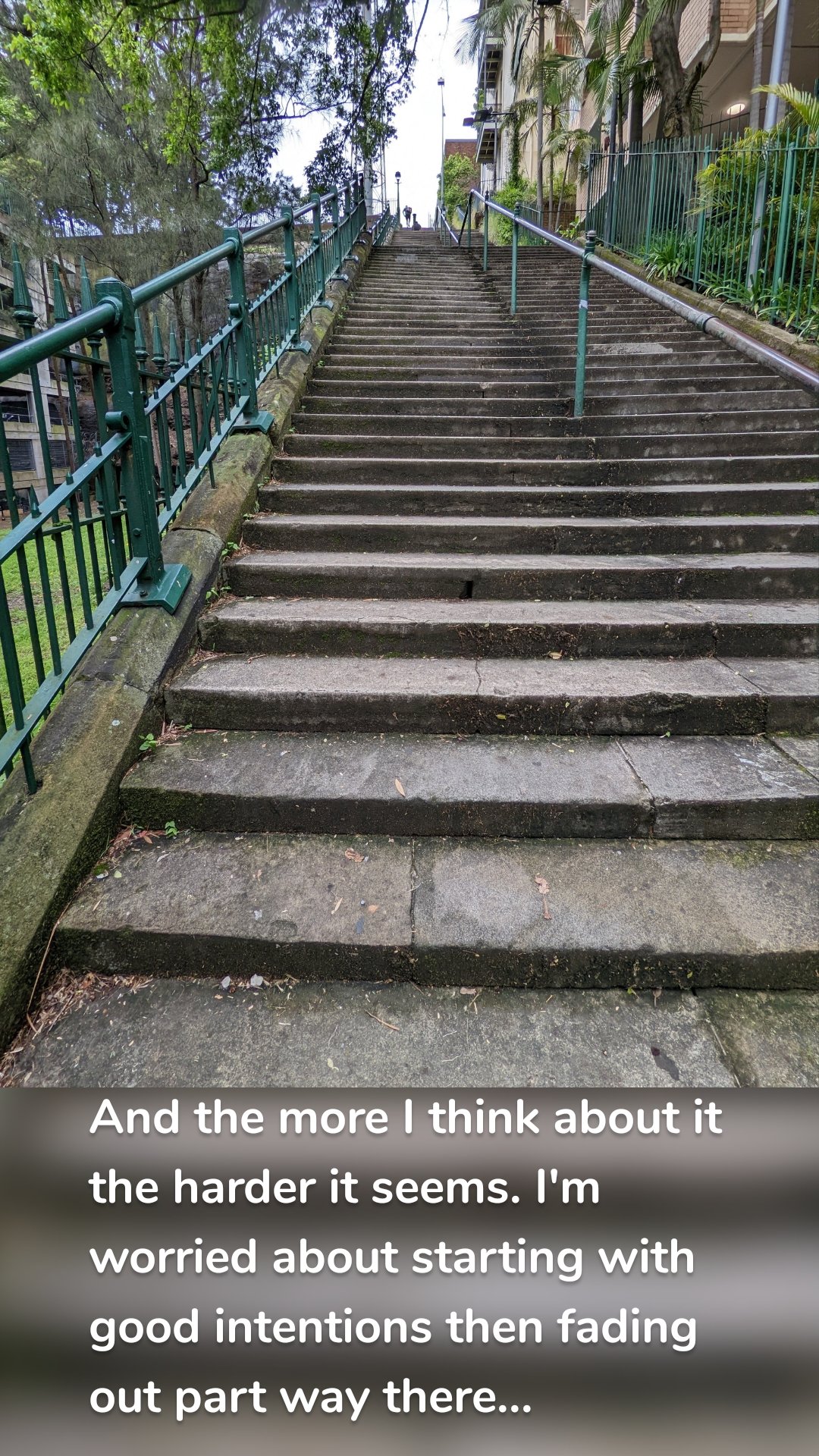
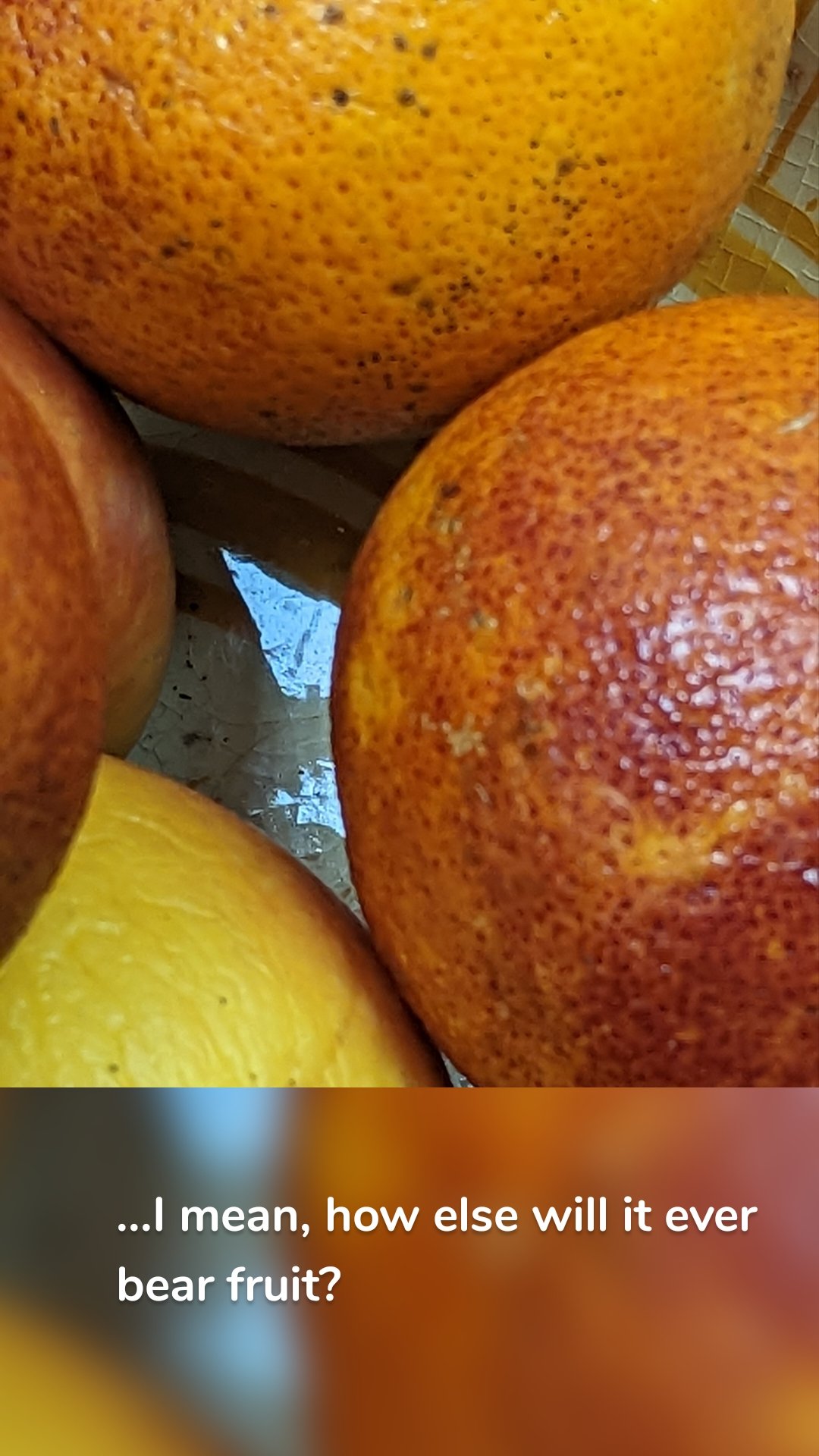
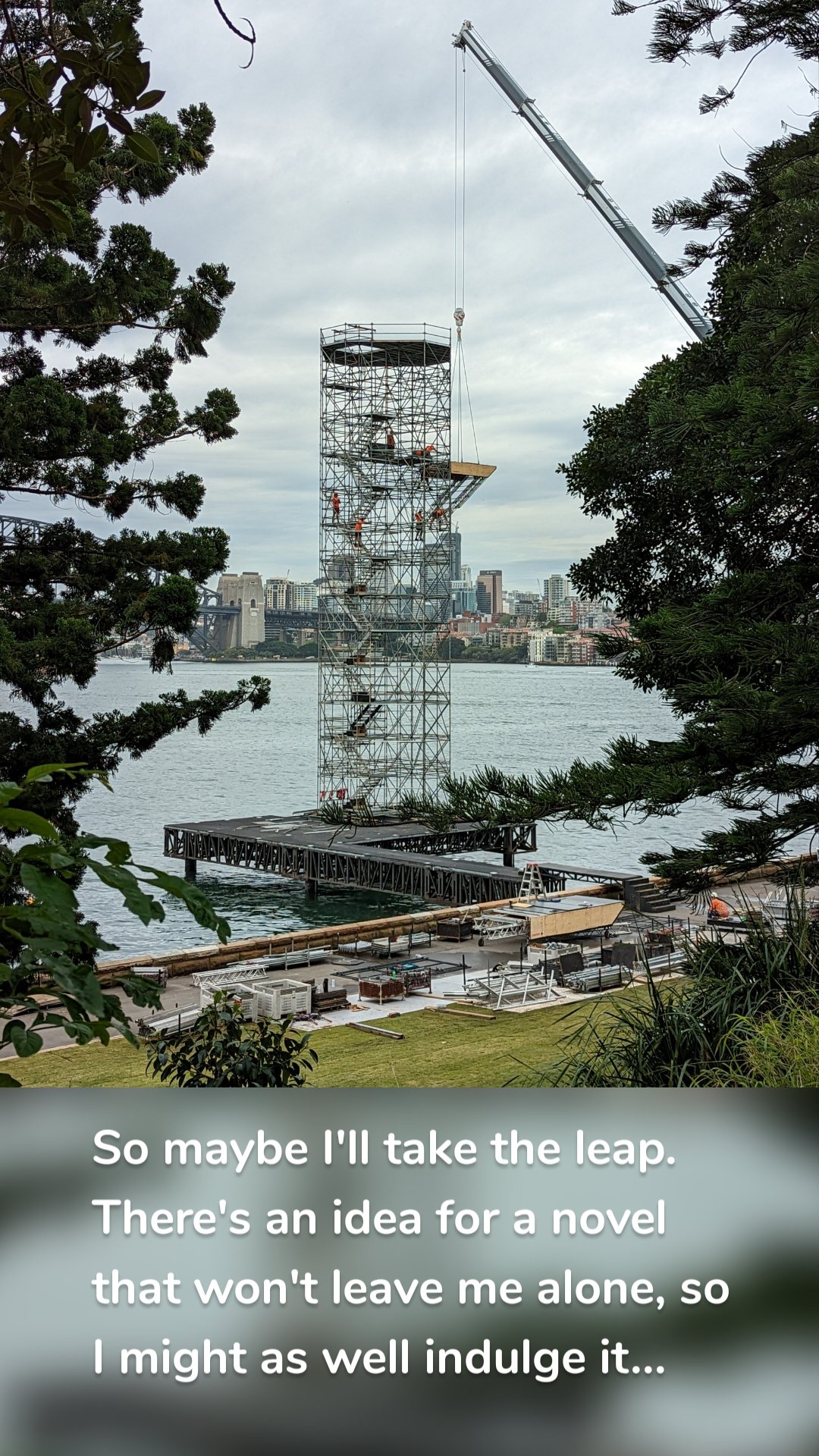
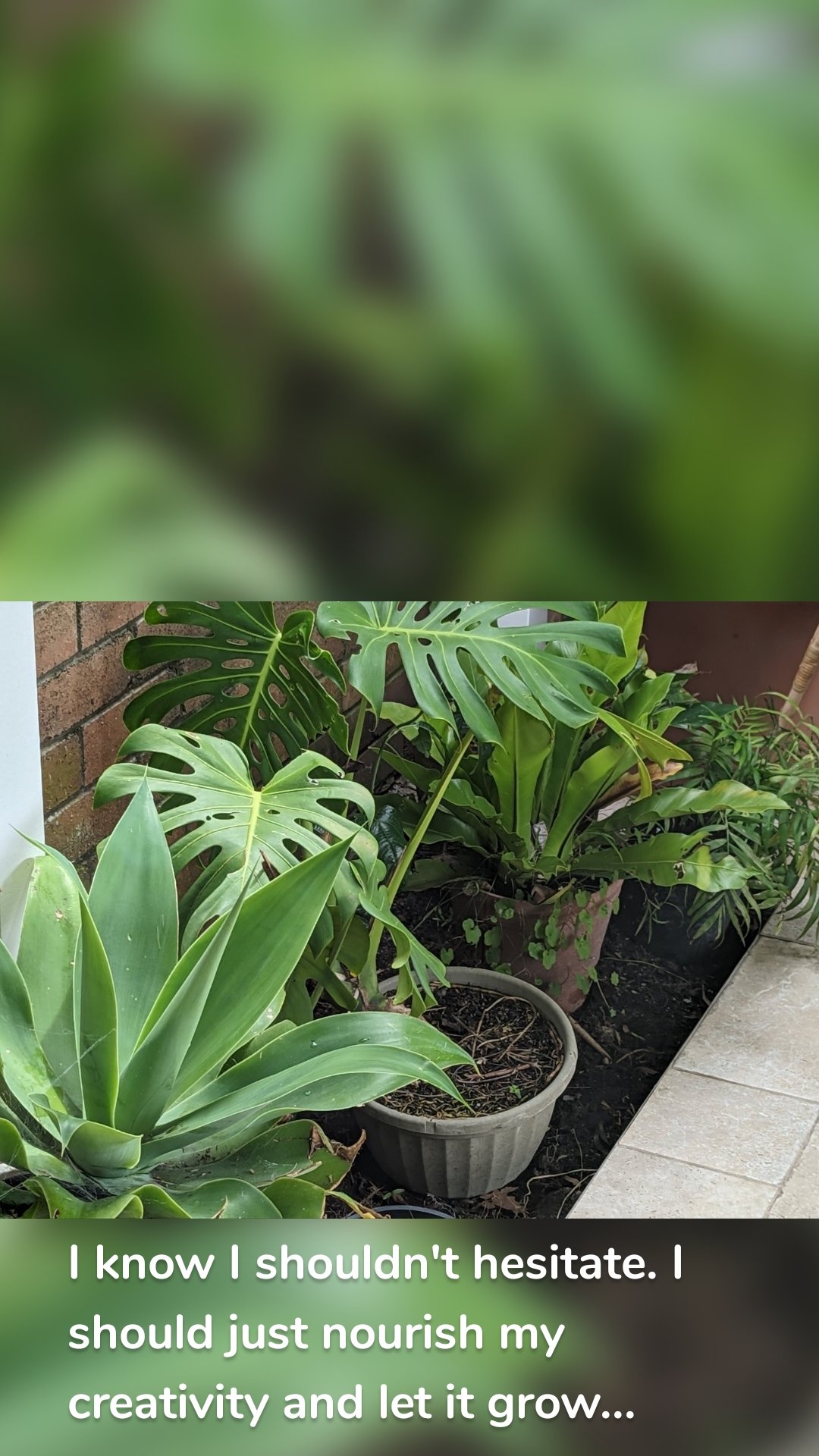
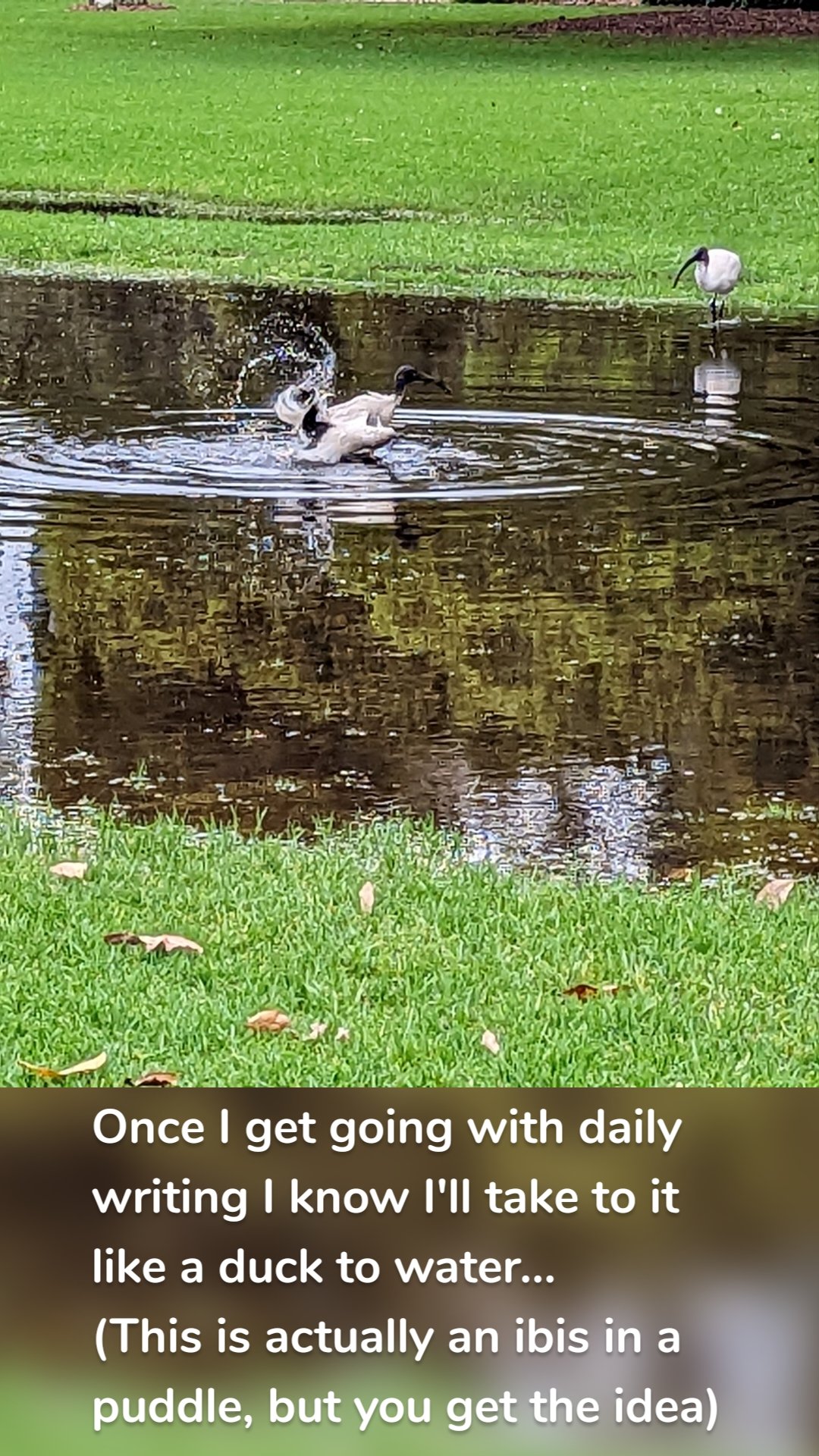
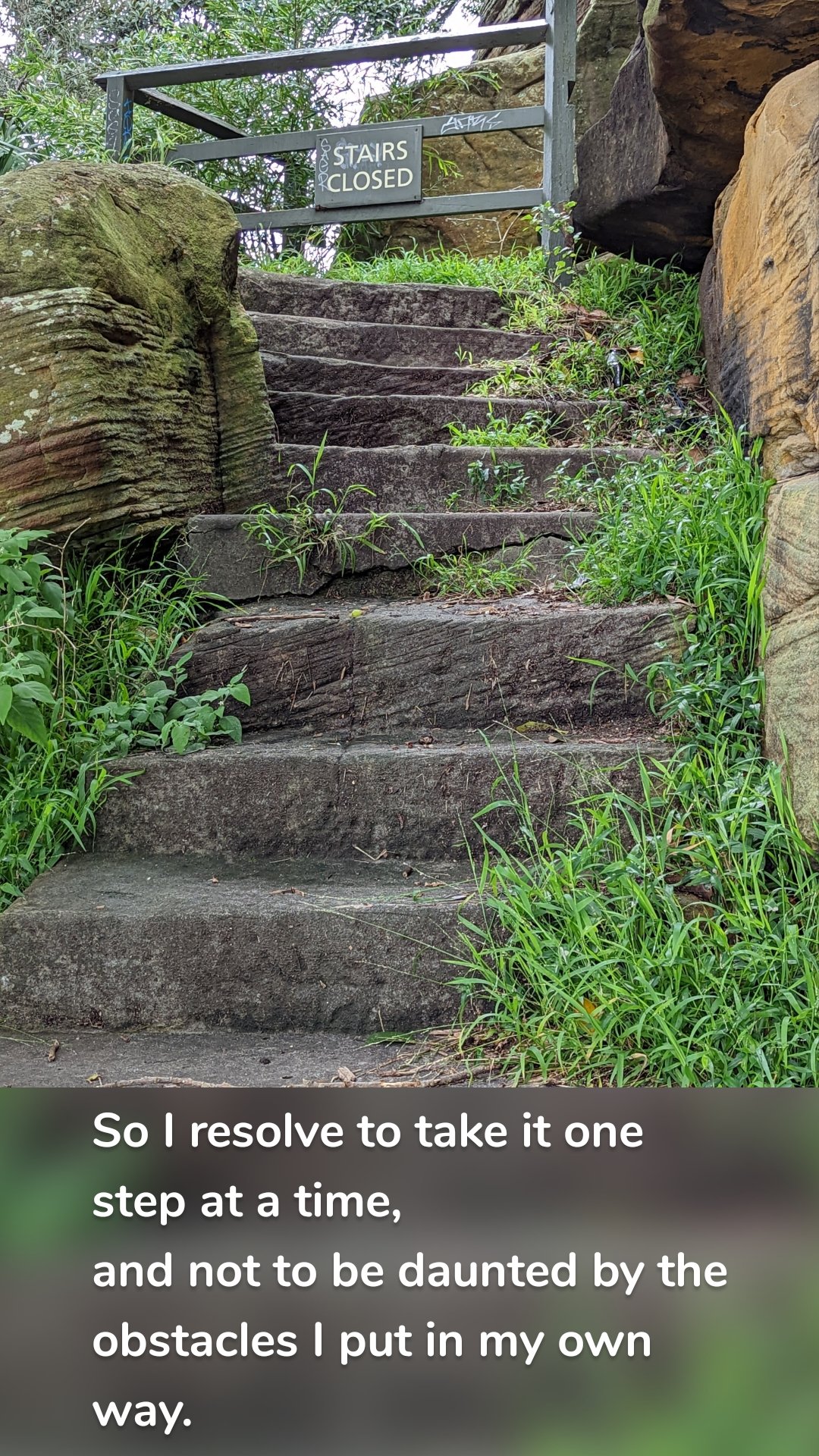
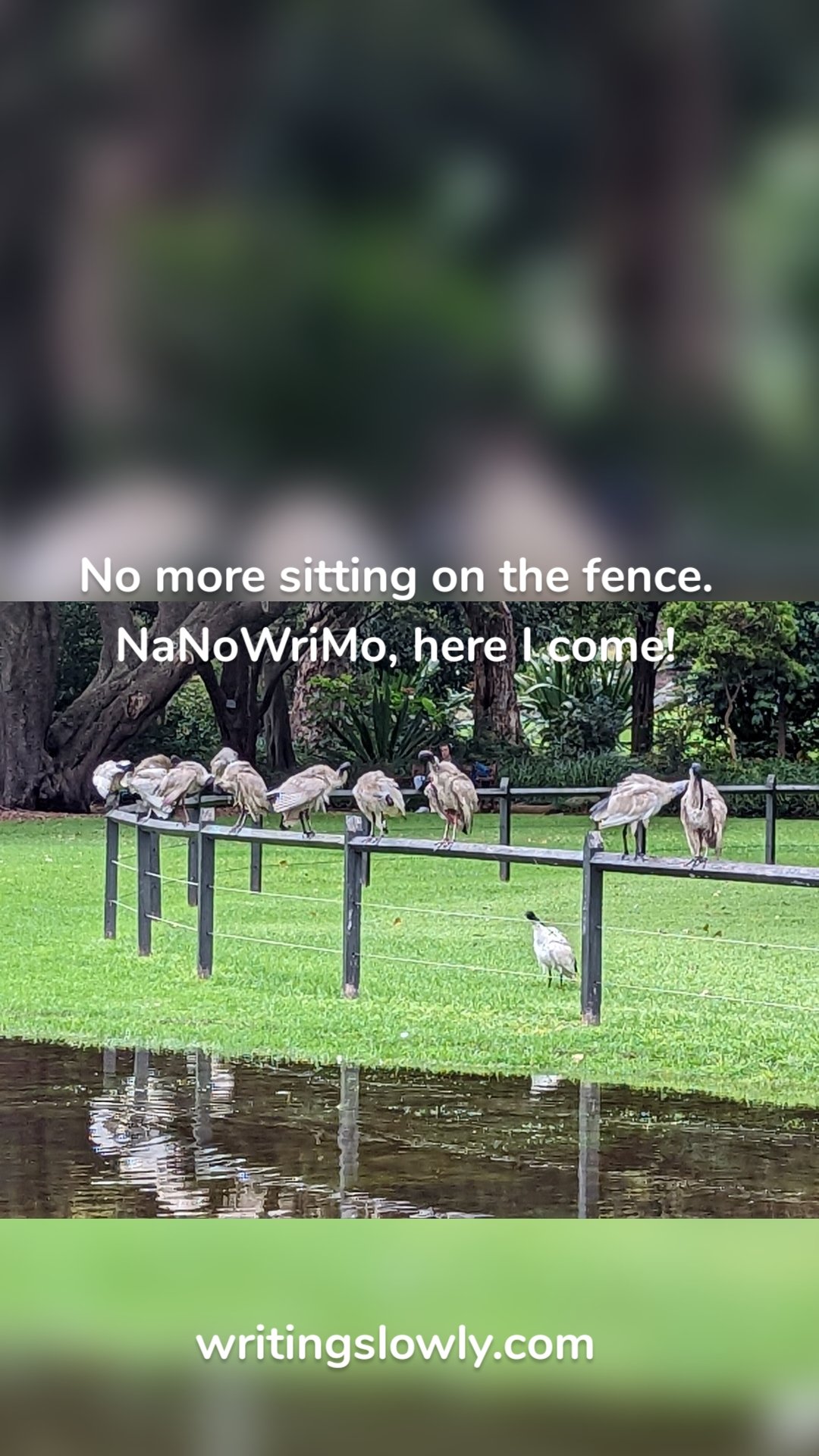
When I publish a post with no title, where does it go and who gets to see it?
